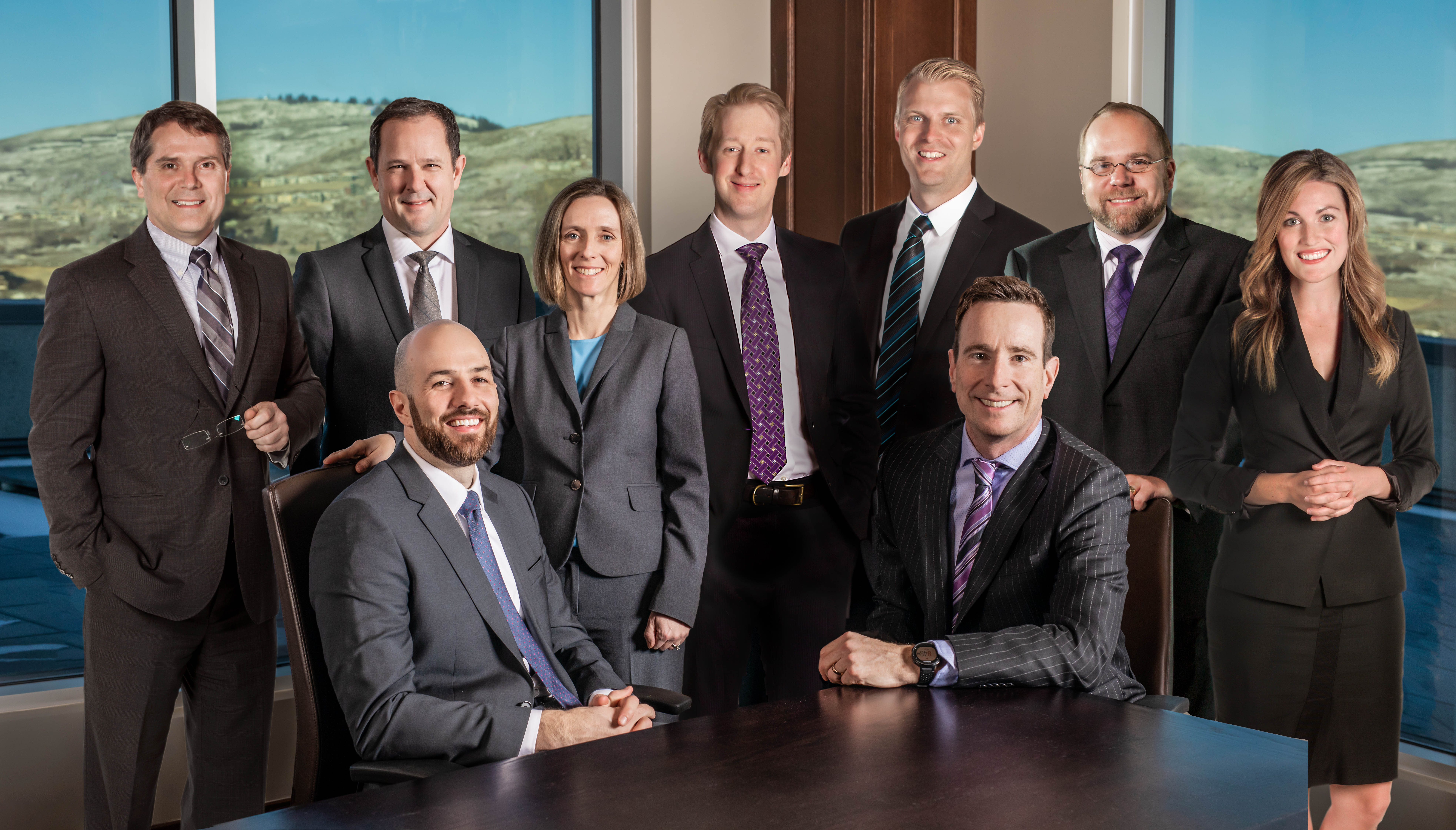How does Occupiers Liability apply during the COVID-19 pandemic?

In British Columbia, the Occupiers Liability Act, RSBC 1996 c 337, sets out the legal obligations that occupiers owe to people visiting their premises. Occupiers can be individuals or businesses who are in physical control of the premises, or those who have responsibility for, and control over, the condition of the premises, the activities conducted on the premises, and who is allowed to enter the premises. This can include business owners, landlords, tenants, and home owners.
Occupiers owe a legal duty to ensure visitors are reasonably safe in using their premises. This duty applies to the condition of the premises, activities on the premises, or conduct of others on the premises. It is important to note that there are many factors to assess when determining where the responsibility falls in the event of injury or loss. How far this duty extends will depend on the circumstances of each situation.
You may be wondering: how does this apply during a pandemic and the current context of COVID-19?
Generally, the liability of occupiers remains the same. However, be aware that occupiers may be found liable for the spread of the virus at their premises. If an occupier fails to take reasonable care to respond after a person known to have been infected with COVID-19 attended the premises, the occupier may well have breached its legal obligations under the Occupiers Liability Act.
Reasonable response efforts to ensure the safety of visitors may include:
• immediate sterilization of the premises;
• closure of the premises during sterilization efforts; and
• clear and timely warnings to visitors and employees.
It is important for occupiers not to ignore applicable privacy laws in these circumstances. While appropriate information may need to be shared, specific names should not be released.
Occupiers should also consider having a formal COVID-19 plan in place that sets out response efforts in the event of virus exposure.
We stress that all cases are fact specific. The information above is intended to provide some guidance during these uncertain times. You should obtain legal advice specific to your situation if you have had a potential exposure at your premises or if you have been exposed to the virus while attending premises.
Allison is an Associate in the Civil Litigation practice group at Nixon Wenger LLP. She has a general civil and commercial litigation practice, with an emphasis on tort related disputes, contract disputes, personal injury litigation, employment matters, and maritime, shipping, and environmental law. Allison has represented clients at all levels of court in British Columbia, and works with her clients to find solutions that work best for them within the litigation process.

